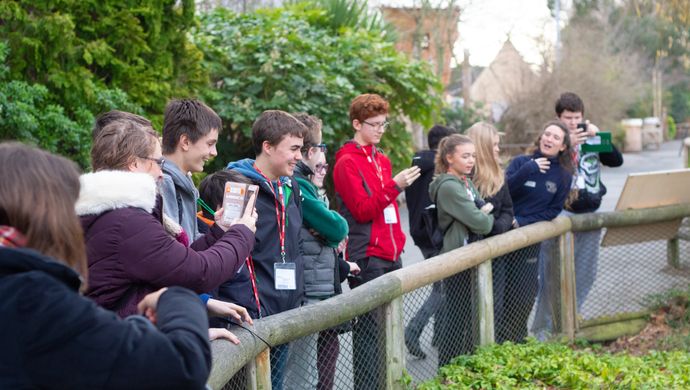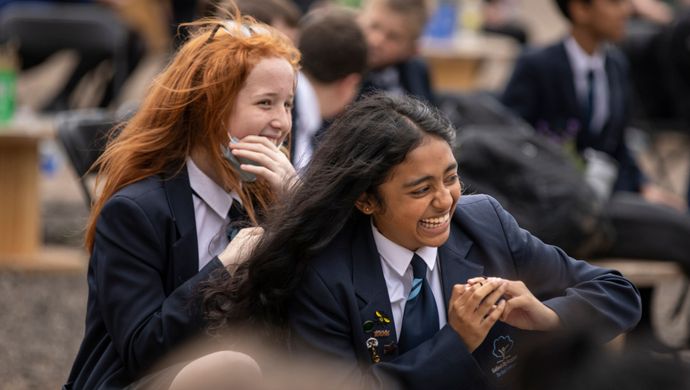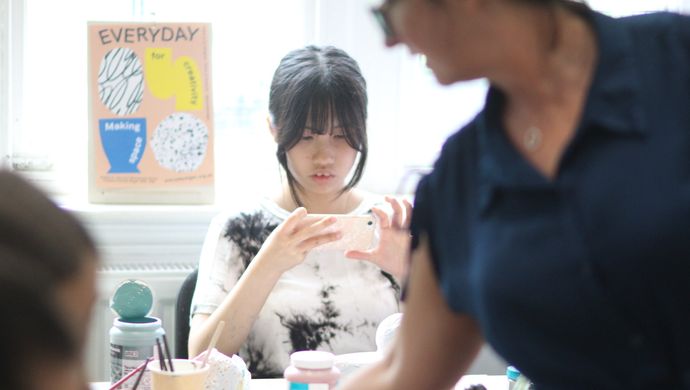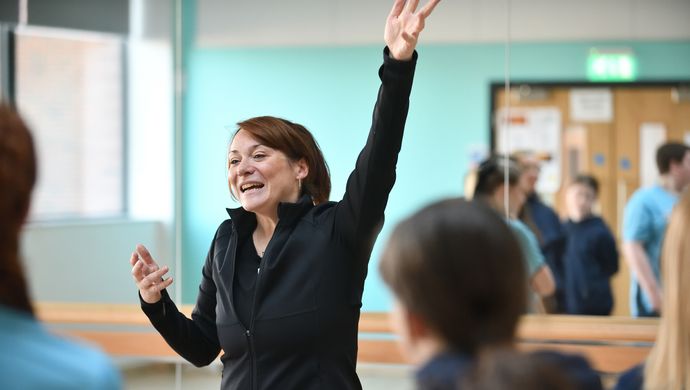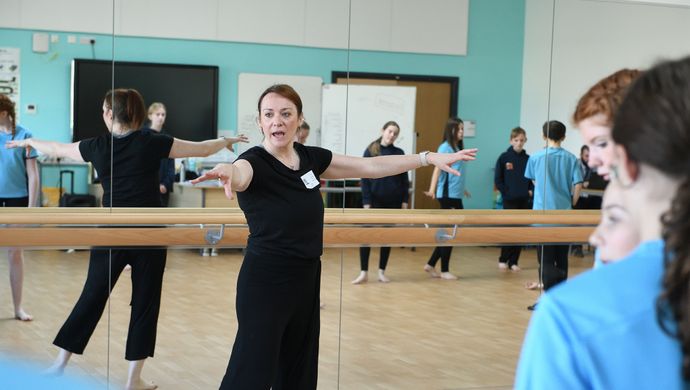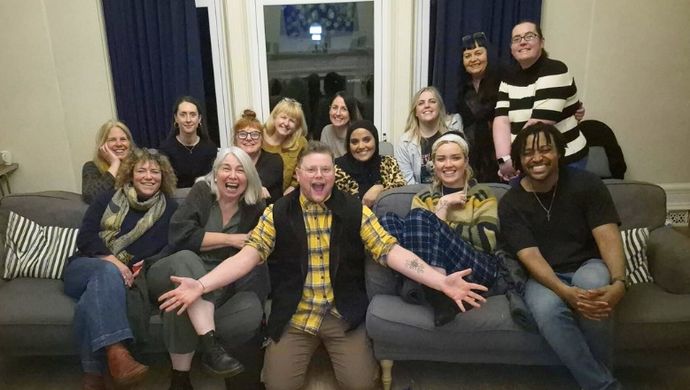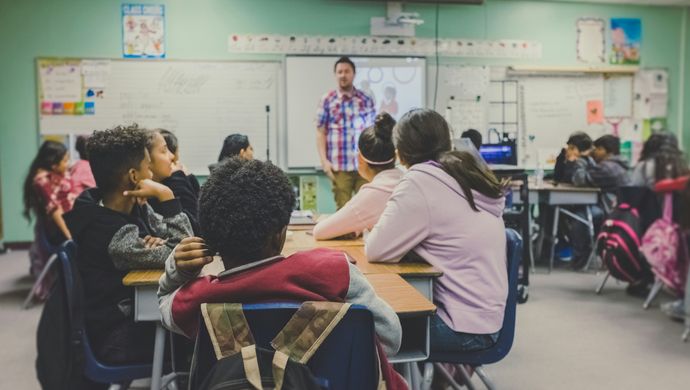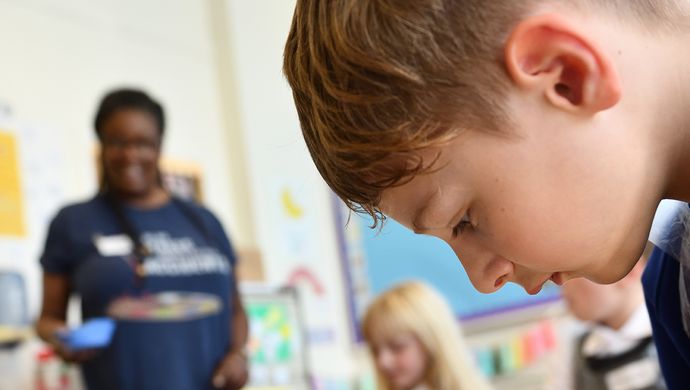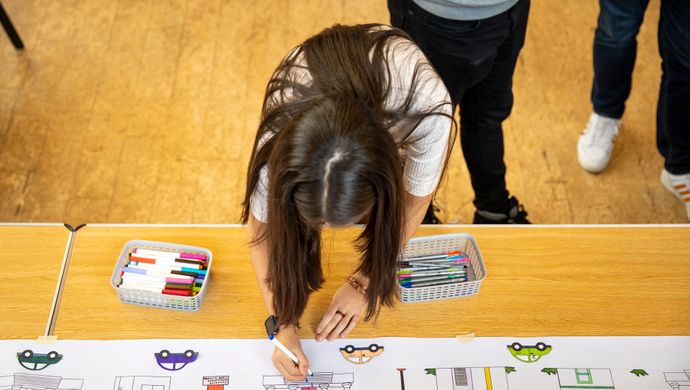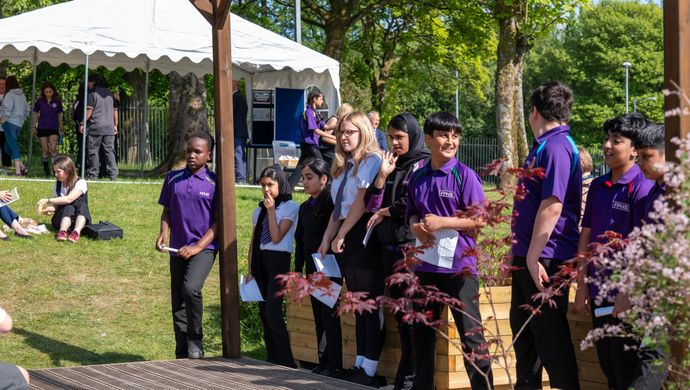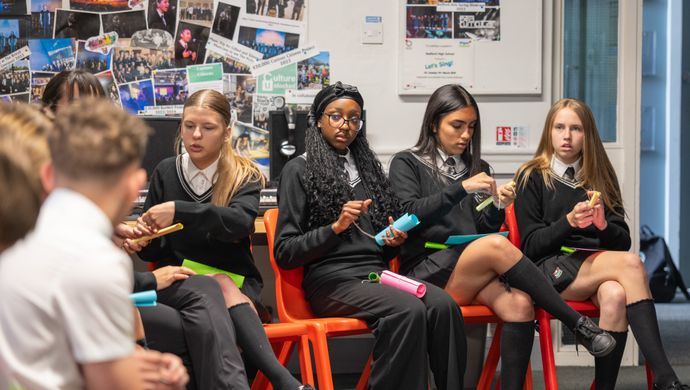Curious Citizens
Putting young people in charge of their arts consumption
It is a model that focuses on opening doors for children who would not normally have access to such experiences nor opportunity to grow their cultural capital outside school.
This programme is inspired by our successful regional pilot for the DCMS Cultural Citizens scheme in 2017, which enabled 1,000 first-time cultural visits for Key Stage 3 (11 to 14 year-old) school pupils in Liverpool and Blackpool. That pilot – and subsequent iterations under the guise of ‘Curious Citizens’ – have produced compelling results, demonstrating the efficacy of our innovative delivery model.
The aims of the programme are threefold:
- To develop curiosity, cultural capital, agency and leadership in the young people who participate.
- To build capacity within schools to offer high-quality arts access and engagement opportunities.
- To connect schools, their pupils and wider families with local and regional arts, culture and heritage organisations.
How Curious Citizens works
The programme is delivered in schools, using a lunchtime or after-school club model. Students are selected to take part, often based on low prior cultural engagement.
In small groups, each of around 10 young people, they are given a mission: work together to plan, organise and then make visits to 5 different cultural events or venues. The young people are primarily responsible for all choices. Supporting them to succeed is a Club Leader (usually a teacher), for whom we have provided specialist training, and a funding budget.
As they begin their planning, the Curious Citizens are challenged to stretch their usual comfort zones. For example, including at least one activity they aren’t sure they’ll like, selecting things that are both close to home and over 1 hour away, and using public transport at least once.
After each of their visits, they are encouraged to reflect on the experience by writing a review.
[the best thing was] Seeing the difference between the ideas everyone had and how they would want to make it happen.
Pupil survey respondent
Impact on pupils: Changing attitudes and broadening horizons
After the 2017 pilot programme, young participants reported increases in their confidence (67%), communication skills (64%) and team-working ability (74%). These promising trends were confirmed and extended in later rounds of the programme. In 2023, a participant survey conducted post-programme delivery at schools in Wigan and West Cumbria found that:
-
82% of pupils agreed or strongly agreed that they ‘had a good time’ on their trips
-
77% agreed or strongly agreed that they were better at working with others
-
86% of pupils agreed or strongly agreed that they feel more confident to do or make things happen themselves
In addition, teachers observed that students who took part have been more enthusiastic about other opportunities and have been back to places visited on the trips.
We chose [venue] for one of the trips because it’s literally 5 minutes from the school. Since then there’s students who have been back. Couldn’t believe that it didn’t cost any money!
Curious Citizens Club Leader
Impact on the sector: Learning that benefits all sides
The benefits of the Curious Citizens programme extend far beyond the young people in the clubs. Reviews and feedback collected from young participants after their visits can provide incredibly powerful intelligence for cultural sector professionals working to make their venues more welcoming and accessible.
Much of what they have told us - about how their attitudes towards arts and culture are shaped and the invisible barriers that can discourage their engagement - has fed directly into Curious Minds’ own CPD and training courses.
For example, we now have evidence that their interactions with adults are the single most influential factor in whether a young person enjoys their visit to a public venue. This is especially powerful when that young person is doing something for the first time, as they believe all future experiences will be the same regardless of whether or not it happens in the same venue. This insight (and more) contributed to the development of ‘I’m A Teenager, Get Me Into There’.
The experience of teachers who supported Curious Citizens clubs has also been instructive. Their feedback on the challenges involved in organising and overseeing successful school trips inspired us to develop our Curiosity Outside the Classroom CPD day for school staff.
Curious to know more?
Whether you work in a school, the creative sector or elsewhere, if you’re keen to discuss how Curious Minds can help you open doors to transformational cultural experiences for children and young people, we’d love to hear from you!
You can email us or get in touch using the contact details below.


.svg)
